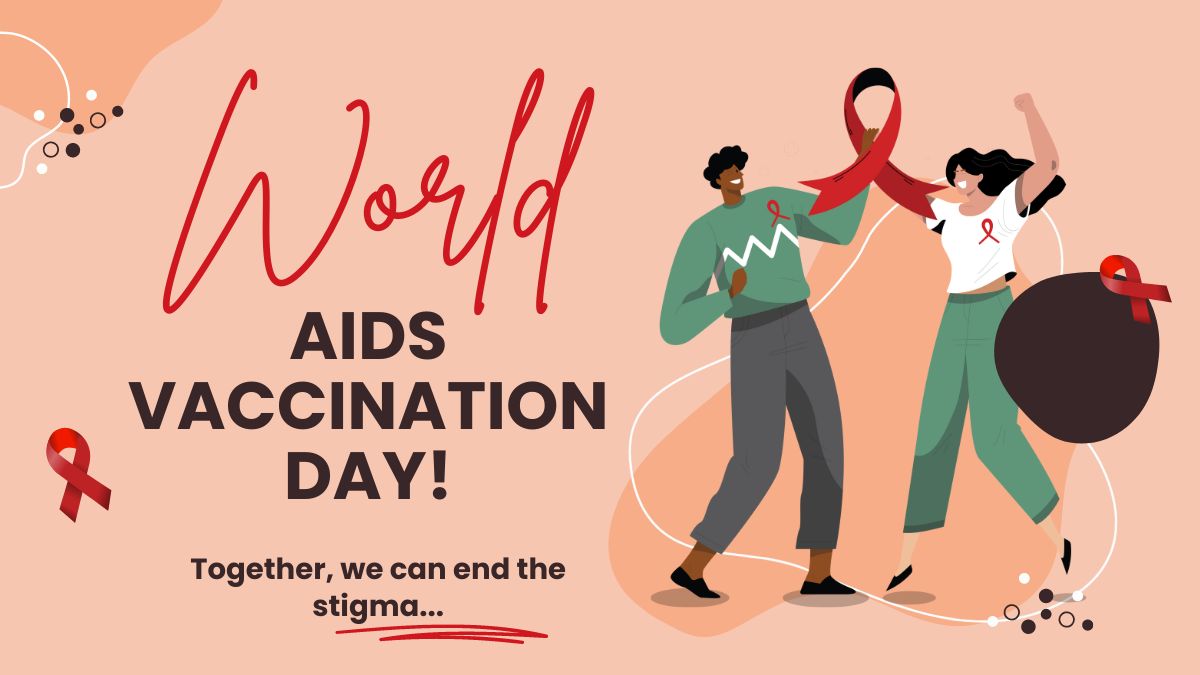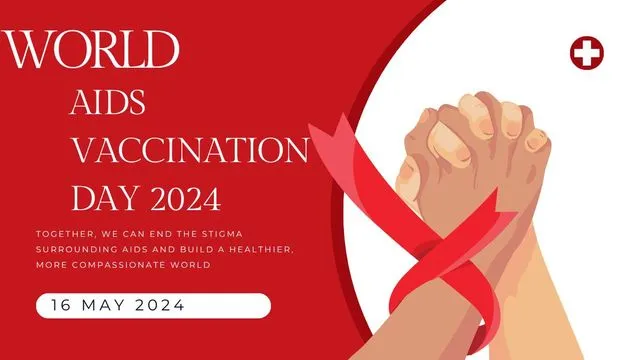- By Priyanka Munshi
- Wed, 15 May 2024 04:39 PM (IST)
- Source:JND
HIV is the virus that causes AIDS, impairing immunity and making people more susceptible to opportunistic infections and illnesses. Understanding AIDS is essential for preventing, diagnosing, and treating the disease. Communities can adopt preventive measures, including safe sex practices and not sharing needles, by learning about the pathways of transmission through education and awareness campaigns.
HIV testing for early detection allows for quick treatment and management of the virus, enhancing quality of life and lowering transmission rates. In a conversation with Jagran English, Dr. Suneetha Narreddy, a senior consultant in infectious diseases at Apollo Hospitals in Hyderabad, shared her insights on AIDS.
Understanding HIV And AIDS
HIV attacks the immune system, specifically the CD4 cells, which are crucial for fighting infections. If untreated, HIV progressively weakens the immune system, leading to AIDS (Acquired Immunodeficiency Syndrome). At this stage, the body becomes vulnerable to opportunistic infections and certain cancers.
Also Read: 5 Advantages Of Eating Duck Eggs Once In A Week
What Are The Modes Of Transmission?
HIV is primarily transmitted through:
- Unprotected sexual contact with an infected person.
- Sharing needles or syringes.
- Mother-to-child transmission during childbirth or breastfeeding.
- Less commonly, through blood transfusions where screening procedures are inadequate.
- Prevention Strategies
Preventing HIV Involves Several Strategies:
- Consistent and correct use of condoms.
- Regular testing and knowing your partner’s HIV status.
- Avoiding sharing needles and syringes.
- Utilizing pre-exposure prophylaxis (PrEP) for high-risk individuals.
- Ensuring safe blood transfusions through rigorous screening.
- Importance of Testing and Early Detection

Early detection through regular HIV testing is crucial. Knowing your HIV status helps in accessing timely treatment and reducing the risk of transmission. Rapid HIV tests are widely available and provide results within minutes.
What Are It's Treatment And Management?
Antiretroviral therapy (ART) is the cornerstone of HIV treatment. ART helps manage the virus, maintain a healthy immune system, and prevent progression to AIDS. Adherence to ART is vital for its effectiveness. While ART is not a cure, it enables people living with HIV to lead long, healthy lives.
Addressing Stigma
Stigma and discrimination remain significant barriers to effective HIV/AIDS management. Education and awareness campaigns are essential to combat misconceptions and support those affected by the virus. An inclusive and supportive community can encourage more individuals to seek testing and treatment.
Also Read: National Dengue Day 2024: 10 Uplifting Quotes To Share To Spread Awareness
Finally, Dr. Suneetha emphasized that HIV/AIDS is a manageable condition with proper treatment and preventive measures. By staying informed, practicing safe behaviors, and fostering a stigma-free environment, we can collectively reduce the impact of this epidemic. Regular testing, early detection, and adherence to treatment are key to controlling HIV/AIDS and improving the quality of life for those affected.

